We've found 436 matches for your search. Order by
Results
-
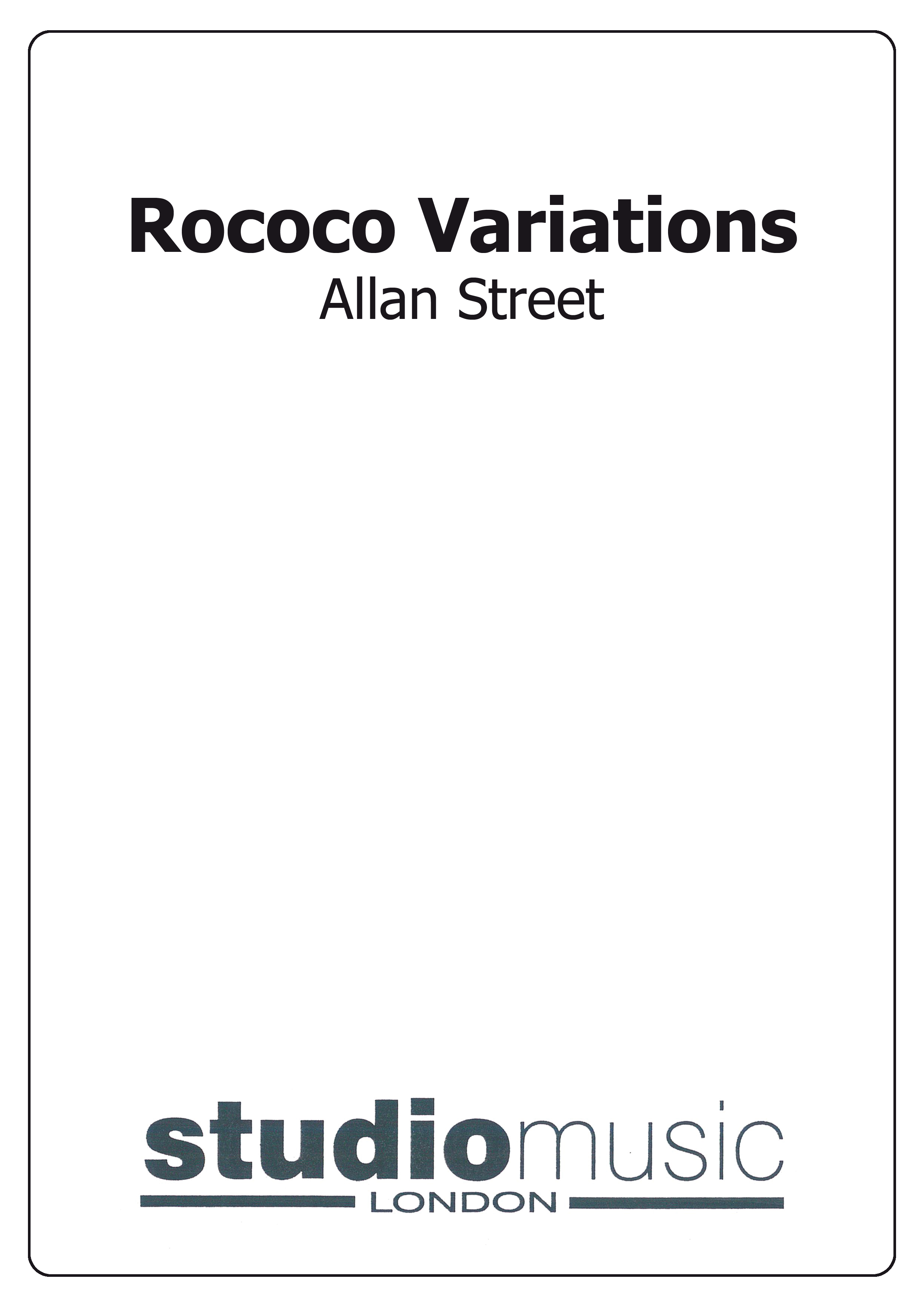 £69.95
£69.95Rococo Variations (Score and Parts)
Estimated dispatch 7-14 working days
-
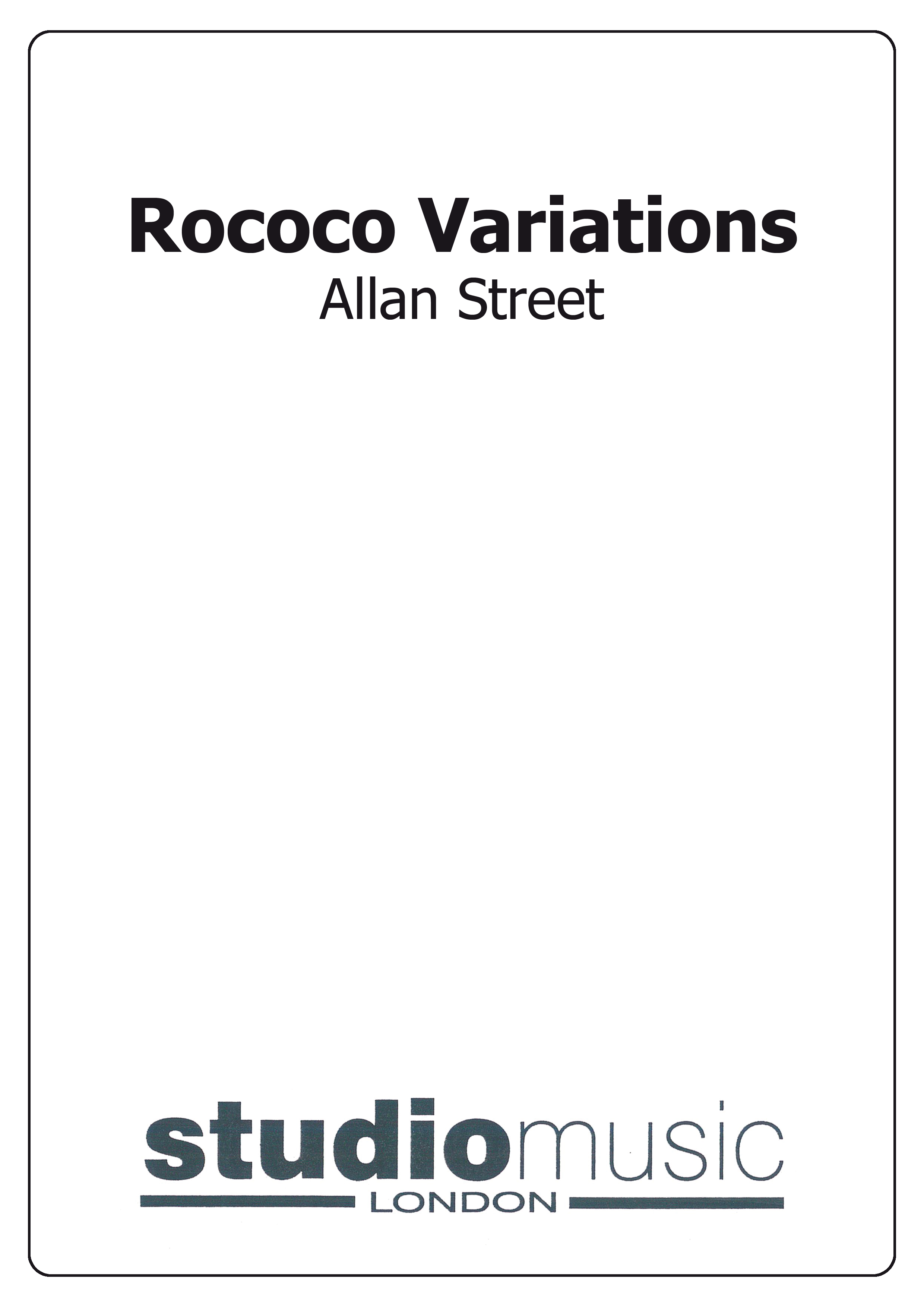 £32.95
£32.95Rococo Variations (Score Only)
Estimated dispatch 7-14 working days
-
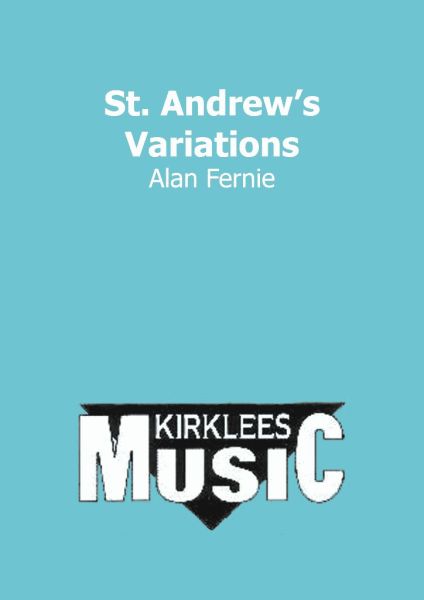 £60.00
£60.00St. Andrew's Variations (Score and Parts)
Estimated dispatch 7-14 working days
-
£74.95
Variations (Score and Parts)
Estimated dispatch 7-14 working days
-
£37.95
Variations (Score Only)
Estimated dispatch 7-14 working days
-
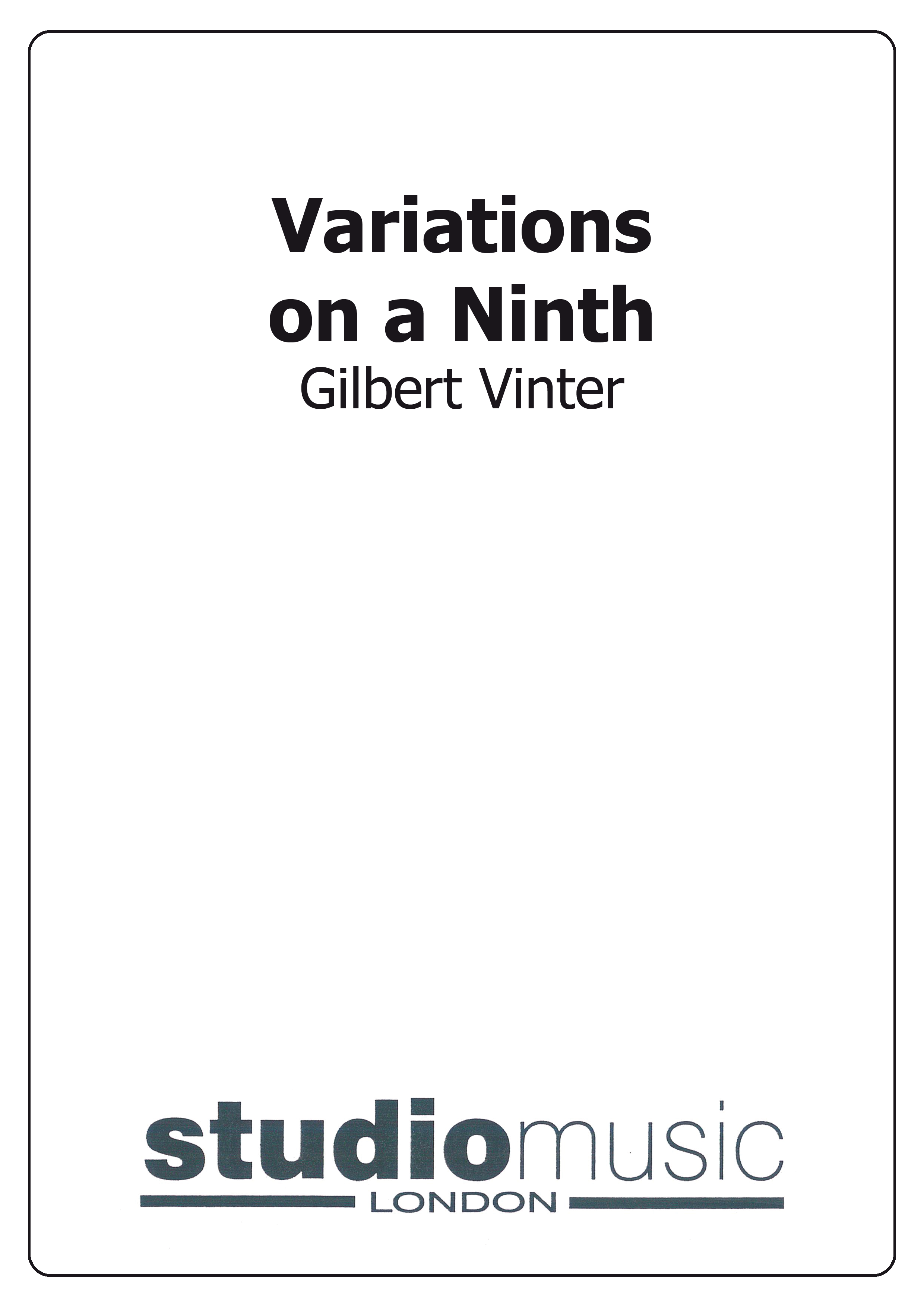 £37.95
£37.95Variations on a Ninth (Score Only)
Estimated dispatch 7-14 working days
-
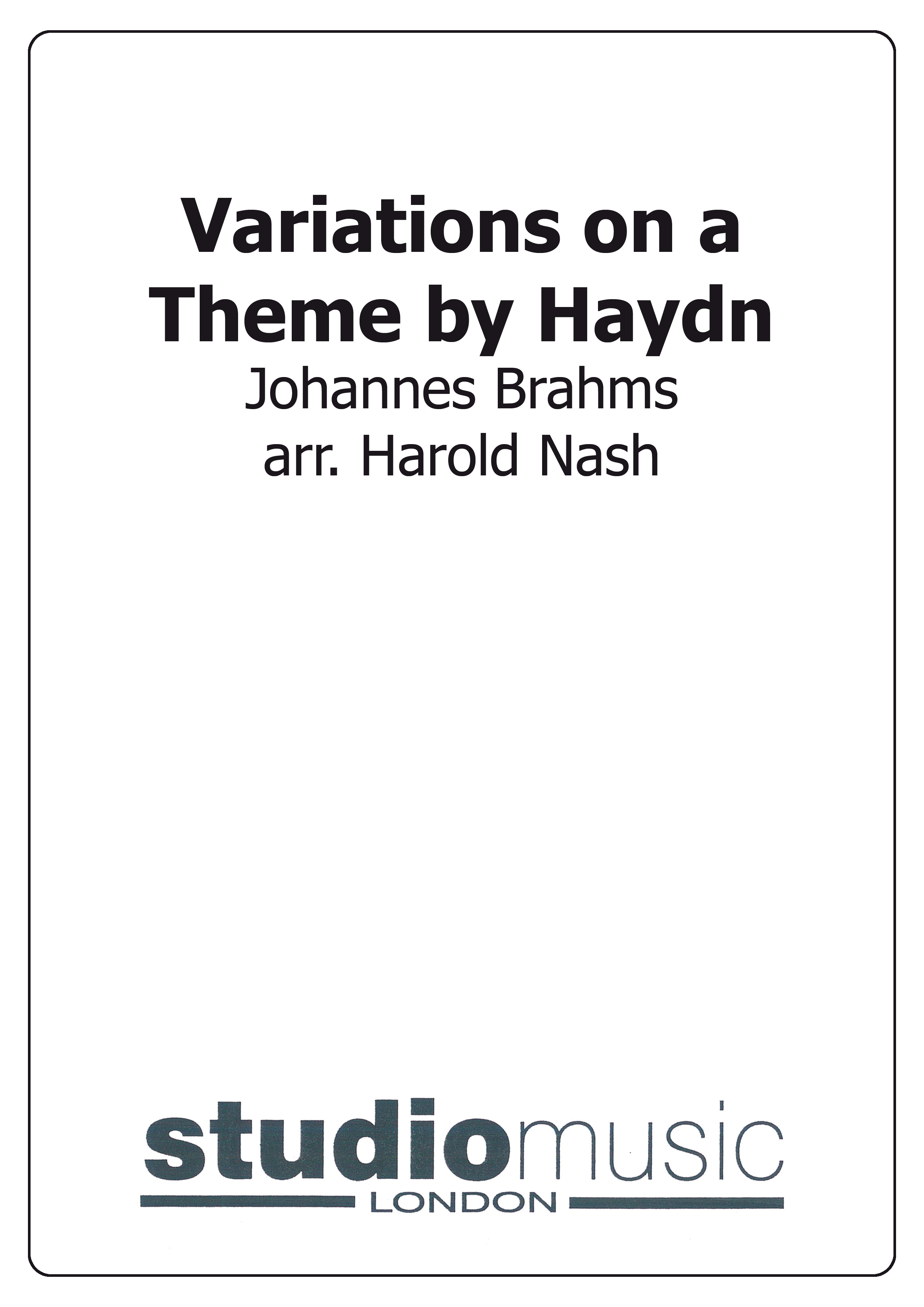 £82.95
£82.95Variations on a Theme by Haydn (Score and Parts)
Estimated dispatch 7-14 working days
-
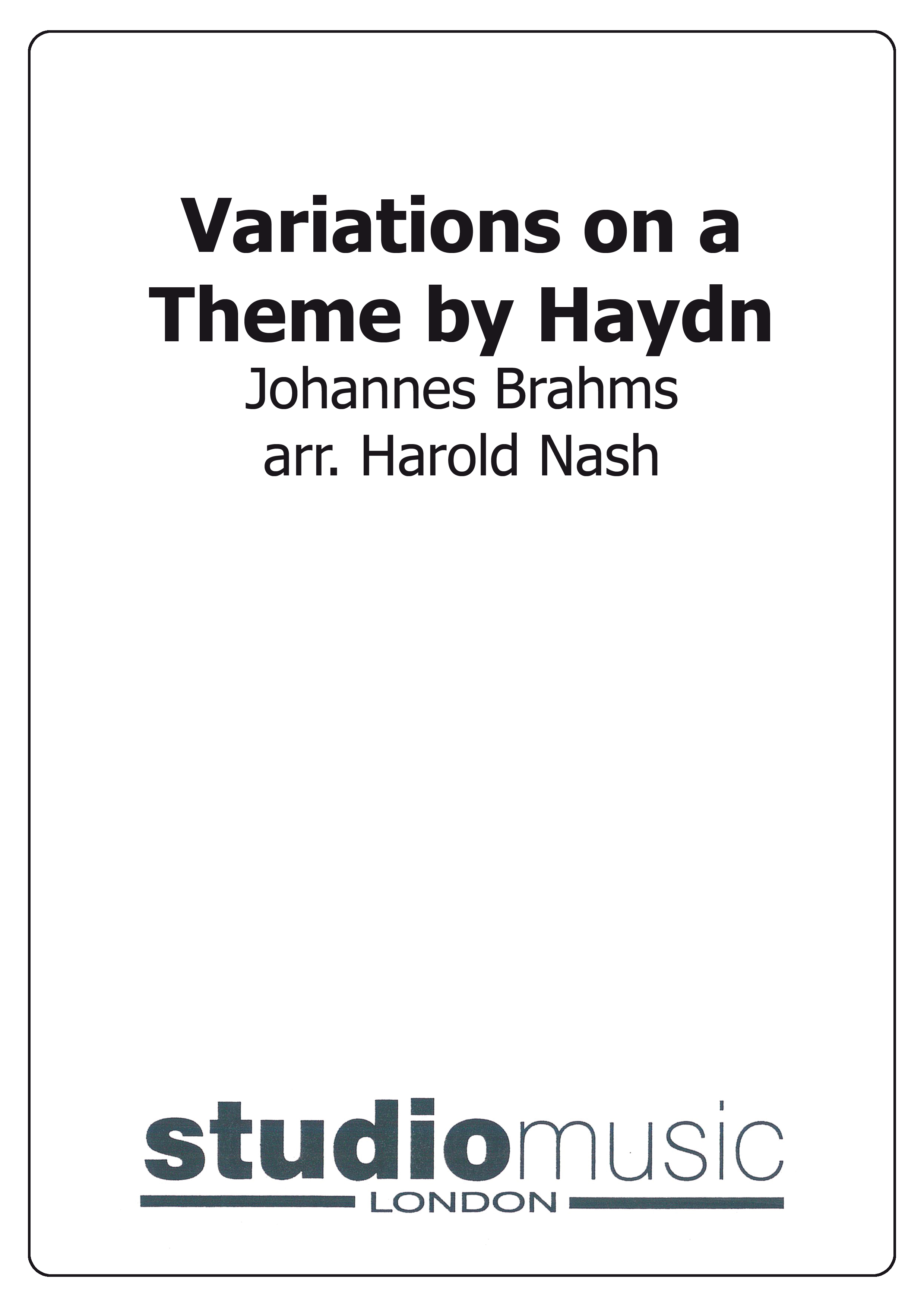 £37.95
£37.95Variations on a Theme by Haydn (Score Only)
Estimated dispatch 7-14 working days
-
£11.50
Variations on Gloria (Score Only)
Estimated dispatch 7-14 working days
-
£34.95
Variations on Gloria in Excelsis Deo
Estimated dispatch 7-14 working days
